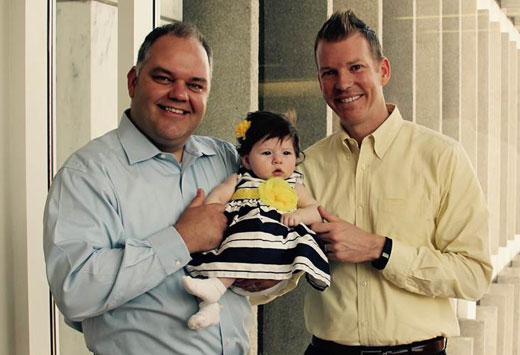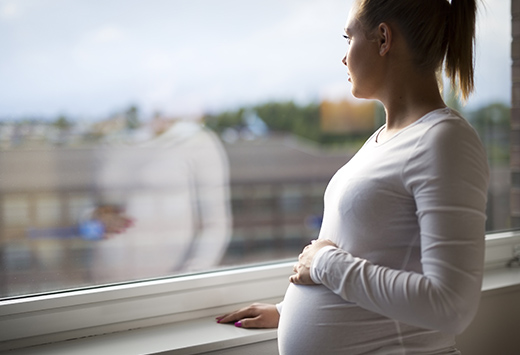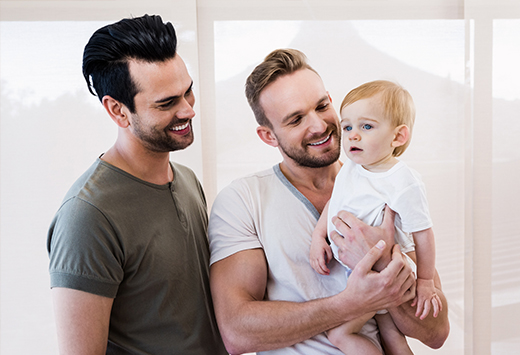Contrary to the belief that open adoption may confuse your child, it has actually proven to be a very healthy way of approaching adoption.
Although it may require some getting used to, if handled well, it can benefit all the parties involved. When open adoption is mentioned, it is usually accompanied by speculations such as:
-
Will the adoptee be troubled and confused by contact with their birth parents?
-
Will the continued contact heighten the birth parents' grief?
-
Will the adoptive parent remain in constant fear of losing their child or children?
What is Open Adoption?
There is no universally accepted definition of the term, and no two open adoptions look precisely alike. Basically, open adoption is an adoption in which the adoptive and biological families have access to varying degrees of each other's personal information and have the option of contact.
As opposed to closed adoption, open adoption allows a type of relationship in which the adoptive family and birth parents have periodic, in-person or virtual visits.
Underlying Concerns with Open Adoption
The primary concern that comes with open adoption is: does open adoption confuse the child? Both the adoptive and birth parents in this domestic adoption have their concerns regarding this potential confusion. The adoptive parents might be concerned their child may be confused as to who their parent is. The birth parent might also be concerned that the child may be confused about why they decided to opt for adoption.
Open adoption does not confuse the child if a healthy and honest connection is maintained between the birth parent, adoptive parent, and the child. Below are some suggestions for an adopting parent to ensure the child has a healthy open adoption.
-
Engage your child in talks about adoption from an early stage: You don't want to give your child the impression that talks about their adoption are uncomfortable for you. Engaging your child in conversations about adoption from an early age is very crucial to normalizing communicating about their adoption. Not only will it help your child grasp a better understanding of the concept, but you also get the chance to get used to speaking about it openly and also positive adoption language.
-
Get them comfortable with adoption: As your child grows, ensure you help develop a positive view towards domestic adoption. Undertaking activities that portray adoption as a norm is an excellent way to get them comfortable with the concept. By doing this, you are helping your child interpret adoption in a positive light.
-
Seek your child's opinion and further inform them: Get feedback on what they think and feel about the whole idea. When they start asking questions, educate them and help them understand their adoption story. Engage your child on how they feel about being adopted, their birth parents, and what they think about their adoption story.
-
Establish Titles: Some concerned parties may ask questions like which parent will take the mom or dad title?
The reality is there is no uncertainty for these children. They know who tuck them in at night, who they see every morning, who they play with, and who helps with homework. This is who they call mom or dad.
However, it would help if you are consistent in whatever you decide to call your child's birth parent or siblings, so consider discussing those names with them ahead of time.




